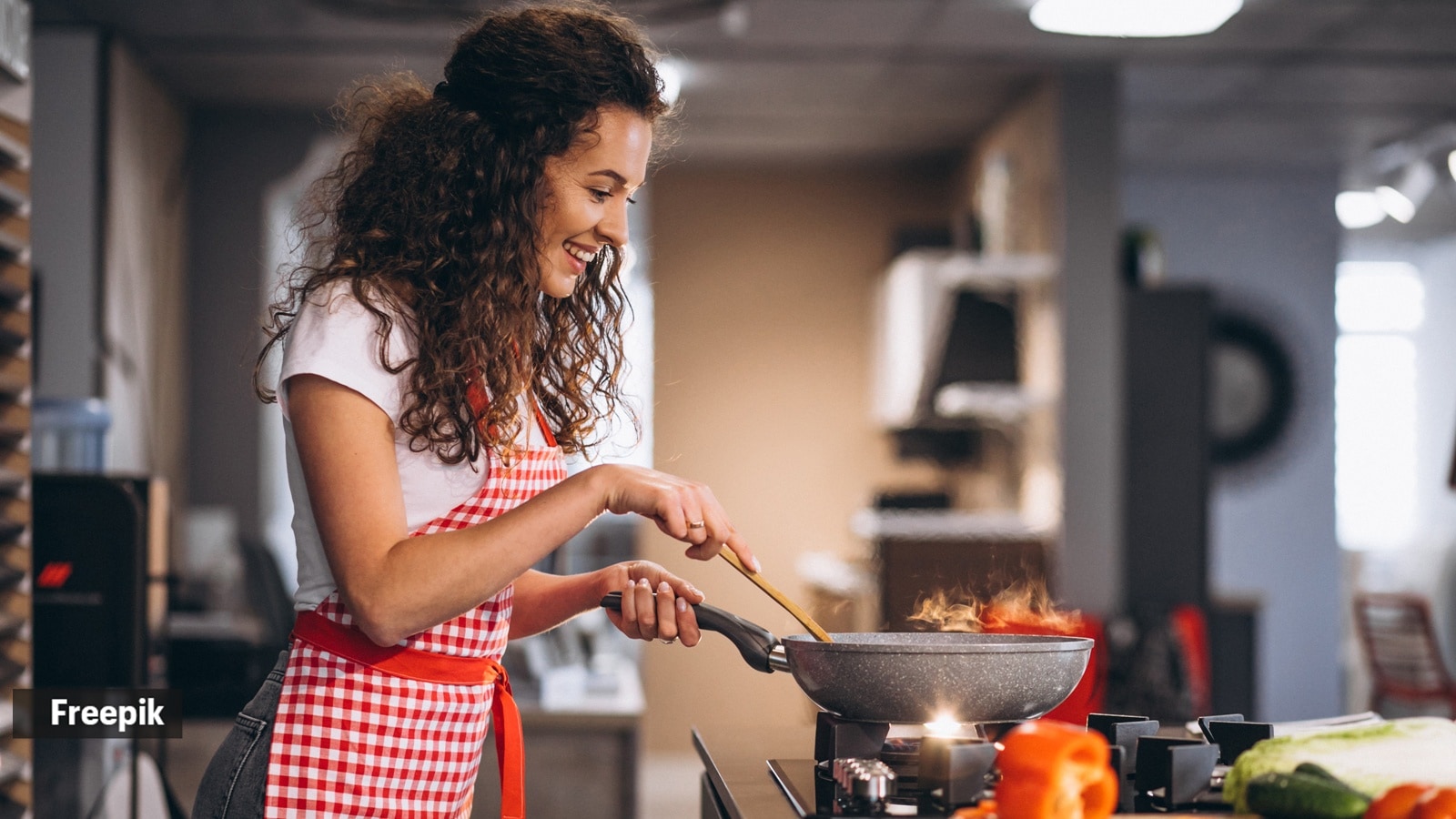The dining scene in India has shifted, with many people prioritising eating clean, fresh home-cooked food, and Nithin Kamath, the co-founder of Zerodha, believes such meals are what constitute real luxury.
In conversation with agriculture specialist Shashi Kumar, Kamath expressed his concern over eating out. “I can’t eat outside food at all now. I am so used to eating organic, healthy food at home that it is almost impossible to eat outside food,” admitted the entrepreneur.
Why should you prioritise eating at home?
Deepalakshmi, a registered dietitian at Shree Balaji Medical Centre in Chennai, told indianexpress.com that frequent consumption of restaurant or takeaway food can have serious consequences for overall health and well-being due to its high calorie density, excessive sodium content, unhealthy fats, and lower nutritional value.
Story continues below this ad
“Many commercially prepared meals prioritise taste and convenience over nutrition, often incorporating refined ingredients, artificial flavour enhancers, preservatives, and unhealthy cooking methods. This can increase the risk of obesity, hypertension, cardiovascular diseases, metabolic disorders, and digestive issues,” said Deepalakshmi.
She also pointed out that restaurant portions are typically larger than recommended serving sizes, leading to habitual overeating and a distorted perception of appropriate portion control. This, in turn, contributes to weight gain and metabolic imbalances.
In contrast, home-cooked meals provide numerous health benefits by allowing individuals to control ingredient quality, cooking techniques, and portion sizes. “Preparing meals at home ensures a well-balanced intake of essential nutrients, including fibre, vitamins, minerals, and healthy fats. It also encourages the use of fresh, whole ingredients and healthier cooking methods such as steaming, baking, grilling, or sautéing with minimal oil, which helps preserve the nutritional value of food,” said Deepalakshmi.
According to her, those who cook at home are more likely to practise mindful eating, make healthier food choices, and develop a stronger awareness of their dietary habits, which can have lasting positive effects on their long-term health.
Story continues below this ad
 Home cooked meals are healthier and encourage mindful eating (Source: Freepik)
Home cooked meals are healthier and encourage mindful eating (Source: Freepik)
Is home-cooked food the healthiest?
However, she pointed out that don’t think everything cooked at home is the epitome of health. You might be damaging your health despite choosing to eat at home. According to the latest dietary guidelines by the Indian Council of Medical Research (ICMR), these meals can still be unhealthy if they are made with too much fat, sugar, or salt.
High-fat foods and high-sugar foods, the guidelines state, are energy-dense (high-calorie foods and poor in vitamins, minerals and fibre. “Regular consumption of these foods not only causes overweight and obesity but also deprives one from taking healthy foods that provide essential macronutrients (amino acids and fats), fibre and micronutrients such as vitamins, minerals, phytonutrients, bio-active substances (sic).”
Therefore, it is important to be aware of our cooking habits to ensure we’re preparing nutritious meals. Ipsita Chakraborty, senior nutritionist at Hungry Koala, shared a few mistakes people in India make while cooking.
Avoid deep frying: Essential fatty acids are necessary for good health, but using vegetable oil can increase the intake of harmful fats, which should be limited. Traditional cooking methods like deep-frying or using oil-based tadka often have a negative impact as well.”
Story continues below this ad
Be mindful of sugar and salt: Some significant sources of sugar consumption are the food products we buy from stores. Items like juices and cereals, often considered healthy, can also be high in sugar. Indian food is particularly known for its excessive use of salt. Chakraborty also mentioned that many people rely on table salt for both spice and flavour, which leads to increased sodium intake.
An ideal routine can look like committing to no sweets, walking 10k steps, and eating home-cooked meals for 30 days — habits that can lead to significant physical changes, as recommended by experts. Here’s what happens if you do so.
DISCLAIMER: This article is based on information from the public domain and/or the experts we spoke to. Always consult your health practitioner before starting any routine.

